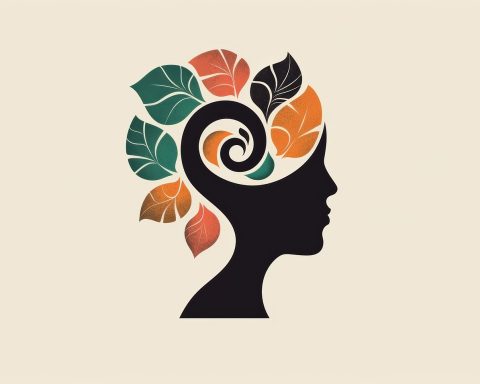Dementia is a term which describes a number of conditions that cause damage to brain cells. Alzheimer’s disease is the most common cause of dementia. There are nearly 7.7 Million new cases of dementia in the world each year.
What are the Main Types of Dementia?
Alzheimer’s Disease
This is the most common and well known cause of dementia. It is though to cause over half of all cases. It is recognized by the brain which forms plaques and tangles that stop the brain working as it should.
Vascular Dementia
This is the second most common type to dementia and it occurs when the blood supply to the brain is damaged. There are two main types of vascular dementia; one caused by stroke and the by small vessel disease.
[wp_ad_camp_4]
Lewy Bodies
This sis a type of dementia that share characteristics with both Alzheimer’s disease and Parkinson’s disease. The person will experience many of the signs and symptoms of Alzheimer’s disease and may also experience muscle stiffness and a tendency to shuffle when walking.
Fronto Temporal
This is a rare type of dementia. During the early stages, a person’s memory may be fine but their personality, behavior and language skills can change. This dementia often causes a loss of insight and sot he person may say and do things at the wrong time and in the wrong place.
Korsakoff Syndrome
Korsakoff syndrome is a chronic memory disorder caused by severe deficiency of thiamine (vitamin B-1). Korsakoff syndrome is most commonly caused by alcohol misuse, but certain other conditions also can cause the syndrome.
CJD
Creutzfeldt-Jakob disease (CJD) is the most common human form of a group of rare, fatal brain disorders known as prion diseases. This disease triggers prion protein in the brain to fold into a three-dimensional abnormal shape.
Signs and Symptoms
Dementia affects each person in a different way, depending upon the impact of the disease and the person’s personality before becoming ill. The signs and symptoms linked to dementia could be understood in three stages.
Early Stages:
The early stage of dementia is often overlooked, because the onset is gradual. Symptoms include: forgetfulness, losing track of the time and lost in familiar places.
Middle Stage:
As dementia progress to the middle stage, the signs and symptoms become clearer and more restricting. Symptoms include: forgetful of recent events, forgetful of peoples’ names, becoming lost at home, difficulty communicating and behaviour changes.
Late Stage:
The late stage of dementia is one of near total dependence and inactivity. Memory disturbances are serious and the physical signs and symptoms become more obvious. Symptoms include: unaware of the time/ place, difficulty recognizing relatives and friends, need for assisted self-care and difficulty walking.
[wp_ad_camp_1]
Dementia Projections
United States: The number of people in the US with dementia will double in the next 40 years.
United Kingdom: The number of people in the UK with dementia will double in the next 40 years.
Ireland: The number of people in Ireland with dementia will triple in the next 30 years.








